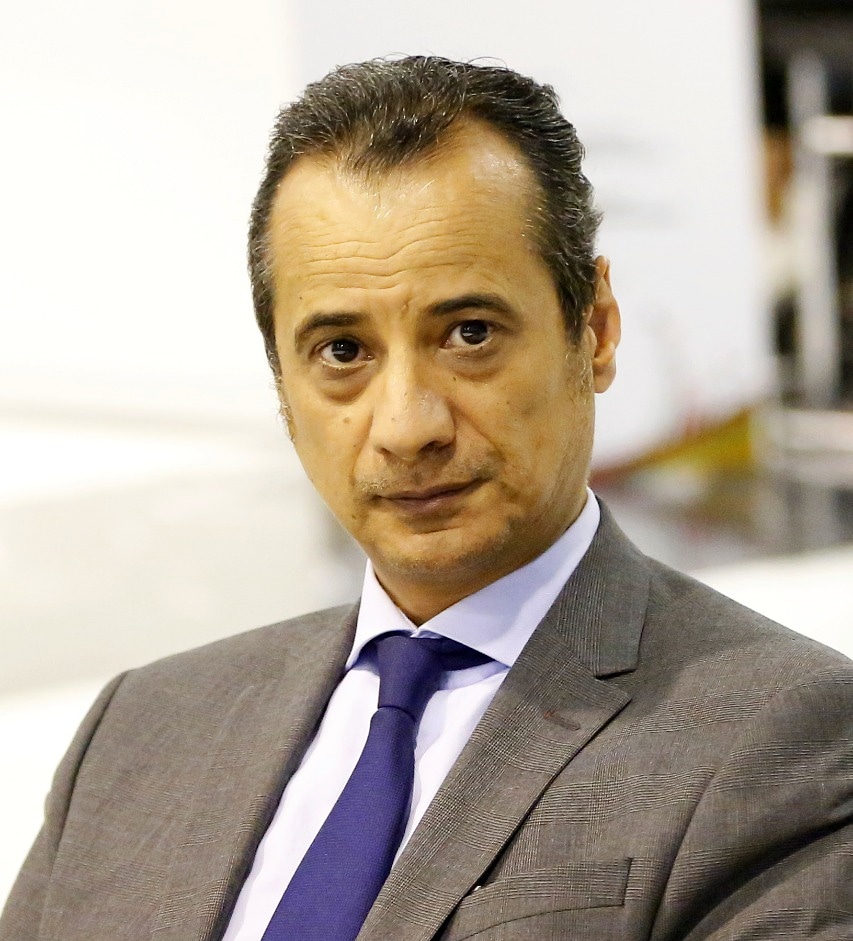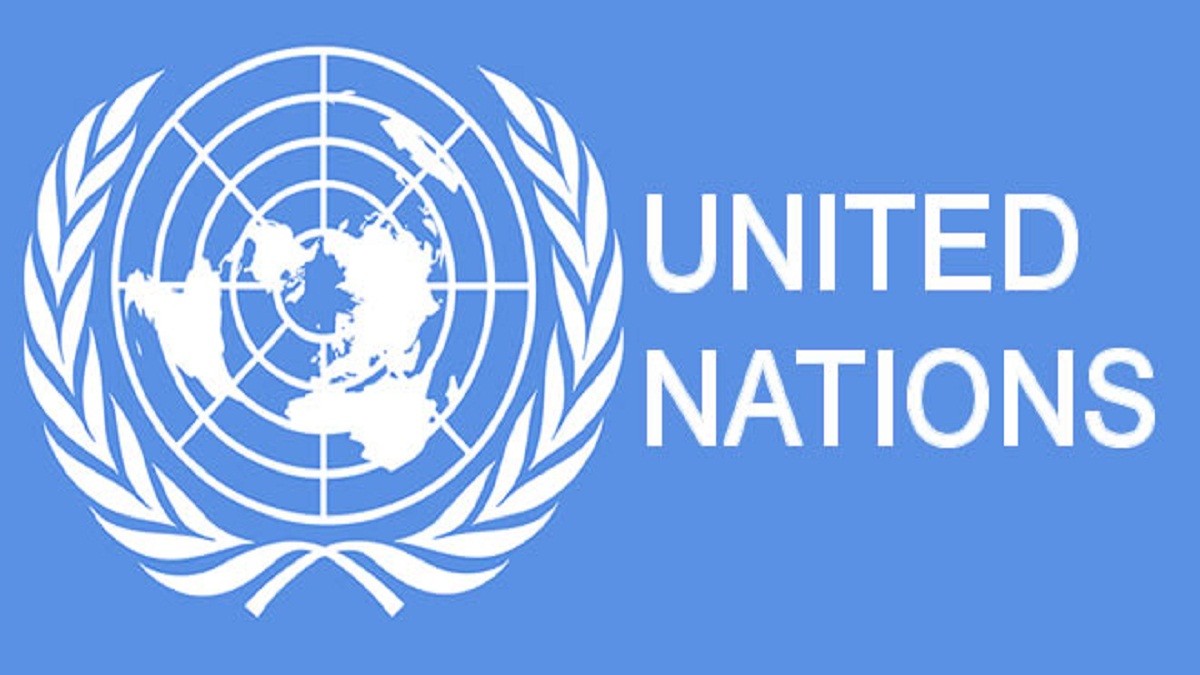Monday, 2 March 2020
Press Statement
The International Criminal Court (ICC)accepted the lawsuit filed by Egyptian lawyer Said Abdel Hafez, head of the Forum of Development and Human Rights Dialogue (FDHRD), against the Libyan Government of Al-Wefaq because of its support for armed militias and satellite channels funded by the Brotherhood, which is classified as a terrorist in a number of countries, and the consequent crimes against humanity.
The ICC brought the case, which it received on December 29, 2019, through its relevant office in Libya, to the specialists in the court to begin the litigation process, which includes the collection and analysis of information through the ICC experts involved in the investigation of the Libyan file.
The lawsuit, which concluded the Al-Wefaq government in Tripoli, accused Suliman Ali Suliman Dogha, head of Libya Al-Ahrar TV channel, which broadcasts from Turkey. Besides, Naumann bin Othman, a former member of the Libyan Fighting Group, the branch of Al-Qaeda in Libya and resident in Britain, participated in the crime of incitement to violence and murder through a speech that used hateful terms against members of the Libyan Arab Army and inciting Libyan youth to take up arms and commit crimes Mass extrajudicial killings.
These are among the crimes against humanity that fall under the jurisdiction of the International Criminal Court, according to Article 5 of the Rome Statute, which stipulates that the court considers the most serious crimes of interest to the international community, including crimes against humanity and war crimes, which Article 8 of the Court Statute defines as crimes committed as part of a plan or public policy or as part of a large-scale process of committing these crimes, in addition to the grave breaches contained in the Geneva Conventions of 12 August 1949.
The Court also has jurisdiction over crimes of incitement to premeditated murder in the event of an armed conflict not of an international character, as well as grave violations of Article 2 common to the four Geneva Conventions, which are crimes committed against persons not actively participating in hostilities, including: This includes members of the armed forces who have laid down their arms and those who have become unable to fight and incite the use of violence against life and persons, especially murder of all kinds, mutilation, cruel treatment, torture and outrages upon the dignity of the person, especially humiliating and degrading treatment.
The lawsuit stated that these accusations fall within the jurisdiction of the Court in accordance with Council Resolution No. 1970 (2010), which referred the situation in Libya since February 15, 2011 to the Prosecutor of the International Criminal Court, where the Court considers other serious violations of the laws and customs applicable to armed conflicts not of an international character.
The lawsuit asserted that the two men had committed crimes of incitement to violence and hatred through the media to support armed groups allied with Al-Wefaq Government that was formed according to the Sokhirat Agreement and was not recognized by the elected Libyan parliament. Both of them are members of extremist religious currents and use illegal media platforms broadcast by the state of Turkey to incite against the soldiers of the Libyan National Army, killing of its commander, Field Marshal Khalifa Haftar, and threating the army members and those who support them from among the civilians to commit the crime of genocide against them. This contributed to the deterioration of the humanitarian situation and reinforced the state of chaos and instability in Libya, and it was among the This incitement has caused thousands of deaths, both soldiers and civilians, during the previous years.
The two mentioned, according to the lawsuit, also used their illegal media platforms to support and provide media coverage for the armed groups allied with Al-Wefaq to commit the crime of forcible displacement of civilians from Libyan villages and then impose their control over them. Libya Al-Ahrar TV also broadcasts programs that support armed groups and spread rumors. The fabrication of news through video materials, which also constitutes a clear violation of the ethical rules in which the media operates, and an explicit and clear threat to the human rights system that protects it from the harmful uses of freedom of opinion and expression mentioned by the United Nations Human Rights Council. The United Nations “UNHRC” under the heading “permissible limits” on freedom of expression is that member states of the United Nations protect people from inaccurate and offensive statements, protect privacy under certain circumstances, and allow the state to protect its security. The “hate” press is prohibited, especially that which encourages racism, racial or religious hatred, as well as propaganda for war.
“These crimes committed by the two mentioned put them under Article 25 of the Court Statute, which gives the Court jurisdiction over natural persons who have committed a crime within the Court’s jurisdiction, whether individually or jointly with another or through another person.” Said Saied Abd El Hafez, FDHRD manager.
He adds: “Regardless of whether that other person was criminally responsible or ordered or induced to commit, or incitement to commit a crime that actually occurred or attempted, or provided aid, incitement or assistance in any other way for the purpose of facilitating the commission of this crime Or attempt to commit it, including providing the means of committing it, as well as contributing in any other way to committing or attempting to commit this crime by a group of persons, acting with a common intent, provided that such contribution is intentional and provided either with a view to Promoting the criminal activity or criminal purpose of the group.”
Then, “If this activity or purpose involves the commission of a crime within the jurisdiction of the court, or with knowledge of the intention to commit the crime with this group, including those related to the crime of genocide or direct and public incitement to commit the crime of genocide.”
Saied explained that their explicit support for the crimes of the militias affiliated with Al-Wefaq Government places them as a solidarity partner in all the crimes against humanity committed by the militias of that illegal government, which was previously applied by the court in the case of the Rwandan journalist Ferdinand Nahimana, who was convicted by the Court of participating in the genocide in Rwanda based on his incitement to hatred, discrimination and murder through a media tool.
Abdel Hafez considered the practices committed by the two mentioned to violate the provisions of Article 20, Paragraph Two of the International Covenant on Civil and Political Rights, which prohibits any advocacy of national, racial or religious hatred that constitutes incitement to discrimination, hostility or violence. The General Assembly of the United Nations in 1947 allows the state to combat the dissemination of fake and distorted news, and a UNESCO resolution was issued in 1970 on the media’s contribution to promoting understanding and cooperation in the service of peace and human well-being and against propaganda for violence in the United Nations General Assembly Resolution of 1978 by granting states to take the measures that they have from their obligations regarding freedom of the media, which have been internationally approved to face the exceptional circumstances facing the state.
The Committee on the Elimination of Racial Discrimination also issued Recommendation No. 35, which requires states parties to adopt legislation to combat racist hate speech within its scope. The Committee recommended that States parties declare that the following crimes are punishable by law and that they are punishable by law Actually, as following:
(A) Any dissemination of ideas based on superiority or racial or ethnic hatred, by any means.
(B) Inciting hatred, contempt or discrimination against members of any group on the basis of race, color, descent, or national or ethnic origin.
(C) Threats of violence against persons or groups or incitement to it on the grounds mentioned in (B) above.
(D) insults, ridicules or defames persons or groups or justifies hatred, contempt or discrimination on the grounds mentioned in (B) above, when it appears to amount to incitement to hatred or Discrimination.







